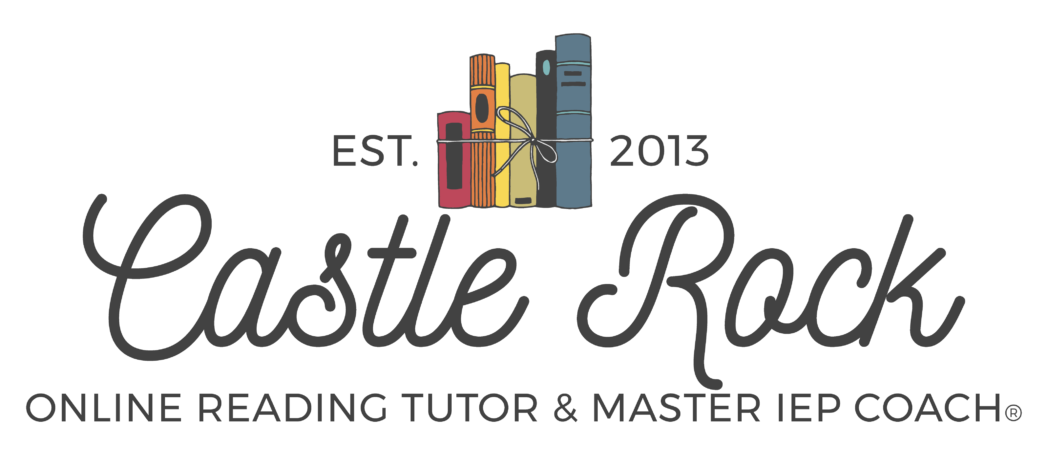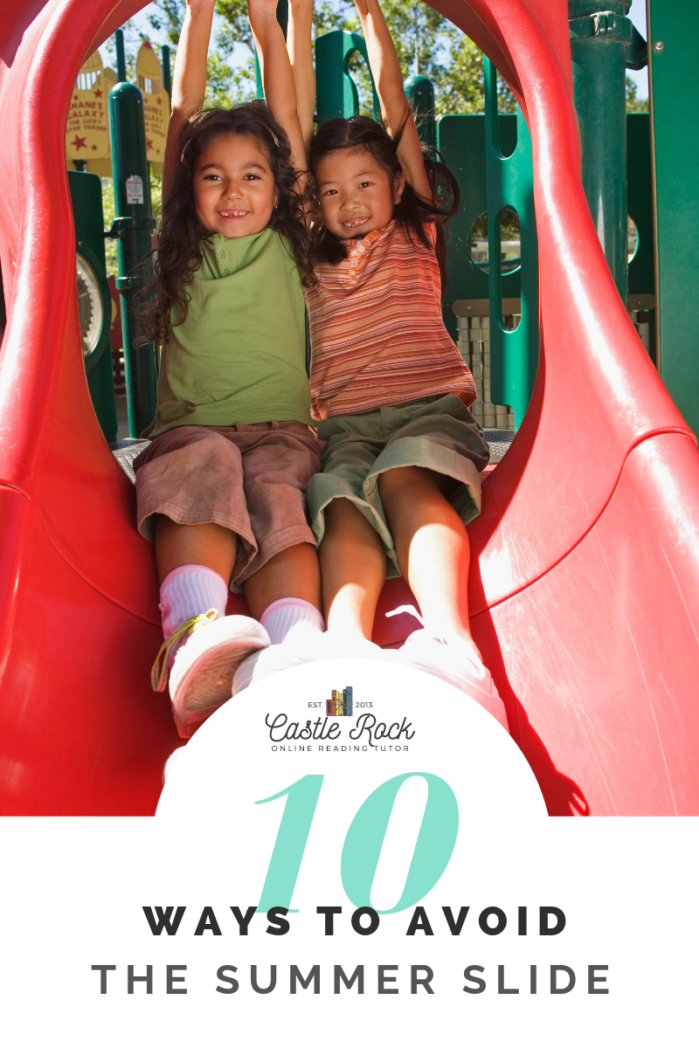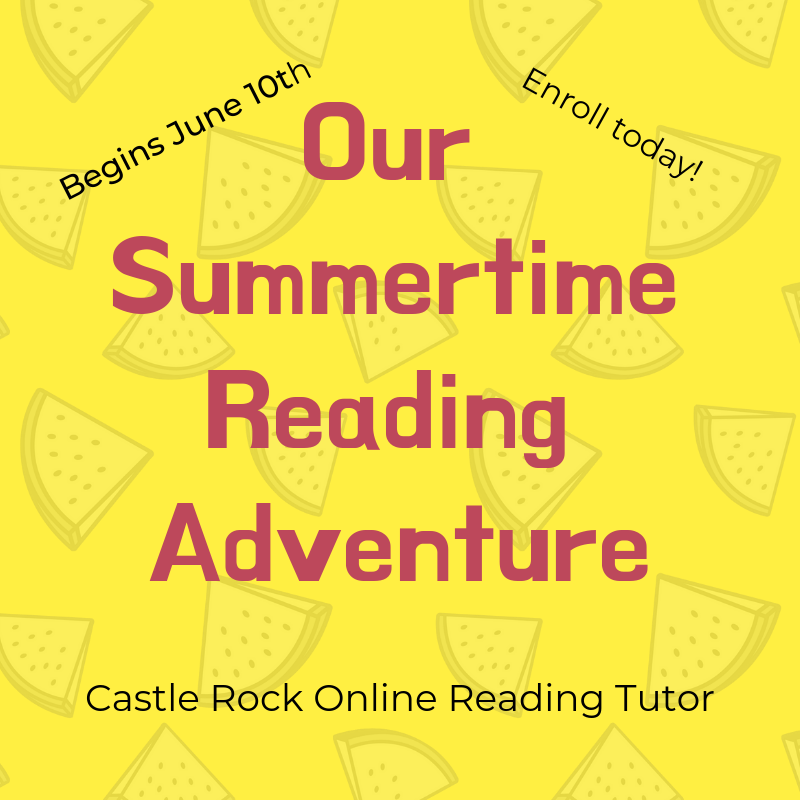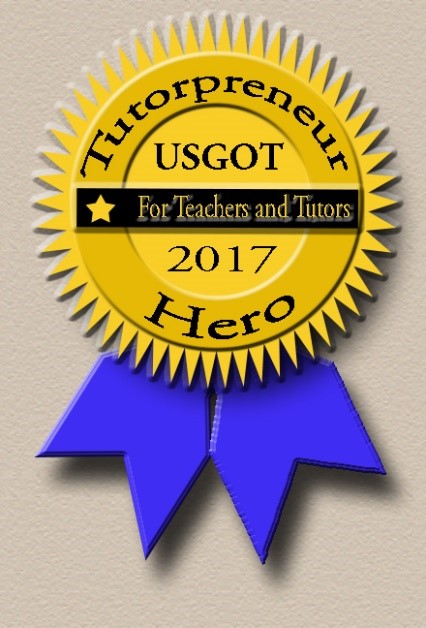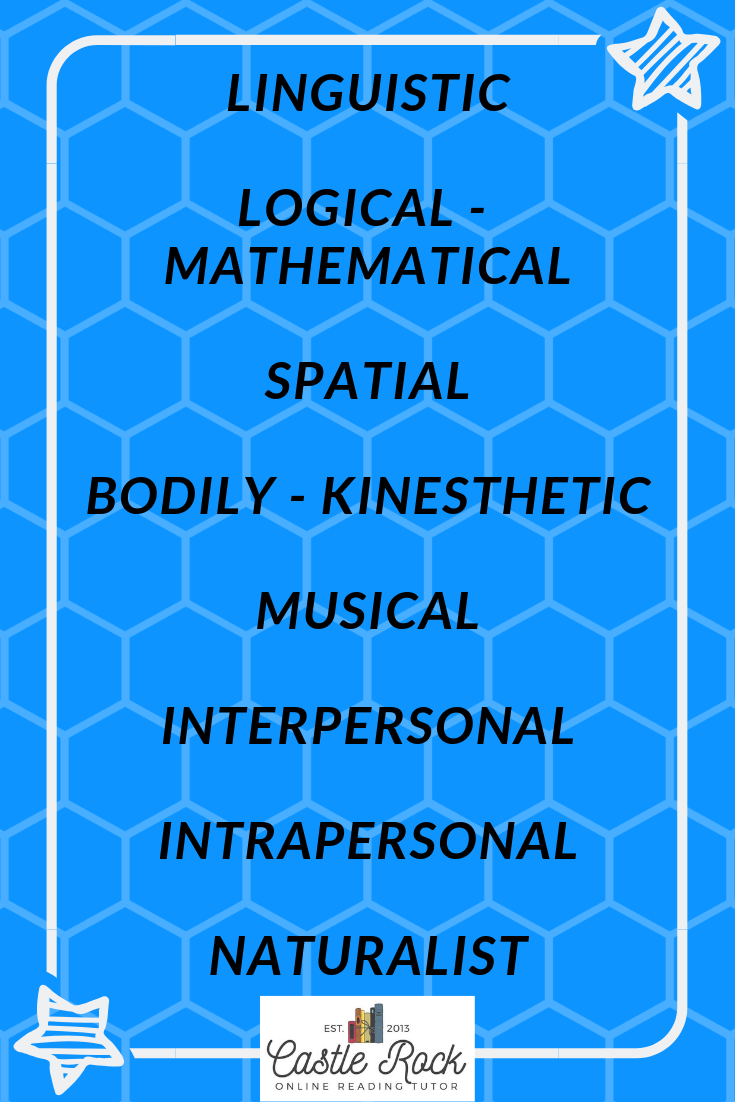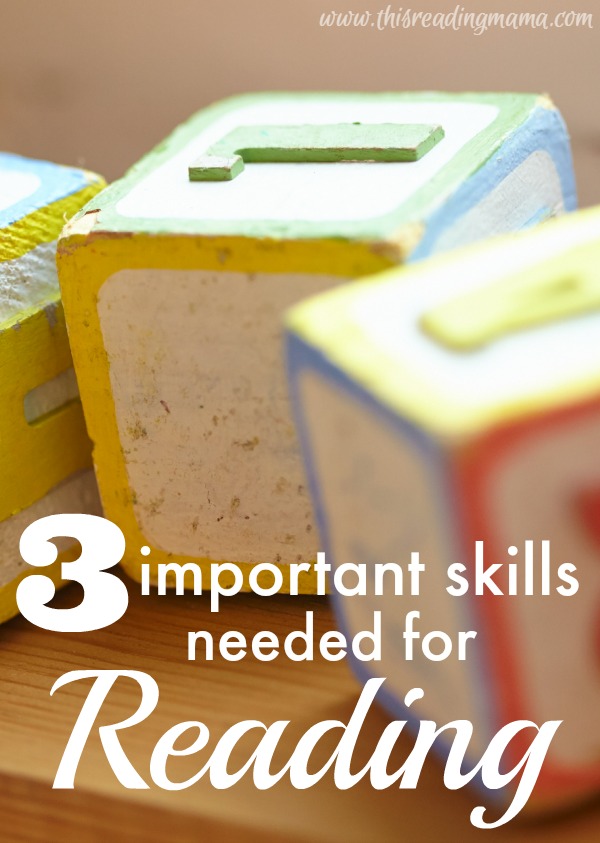25 Helpful Tips for Going Back to School
25 Helpful Tips for Going Back to School
Going back to school can be a stressfu time for everyone. I hope these 25 helpful tips for going back to school will help ease some of your stress.
Morning Routine:
When it comes to getting ready for school the morning seems to be the worst time. Everyone needing to be at either work or school or even daycare all at the same time it seems
- Breakfast – to have a successful day breakfast should be included. A bowl of their favorite cereal with fruit or a glass of juice.
- Schedule – look at the schedue / calendar to see if there is anything important to do for the day. Make a note of it so you don’t forget.
- Brush teeth, hair and get everything to go.
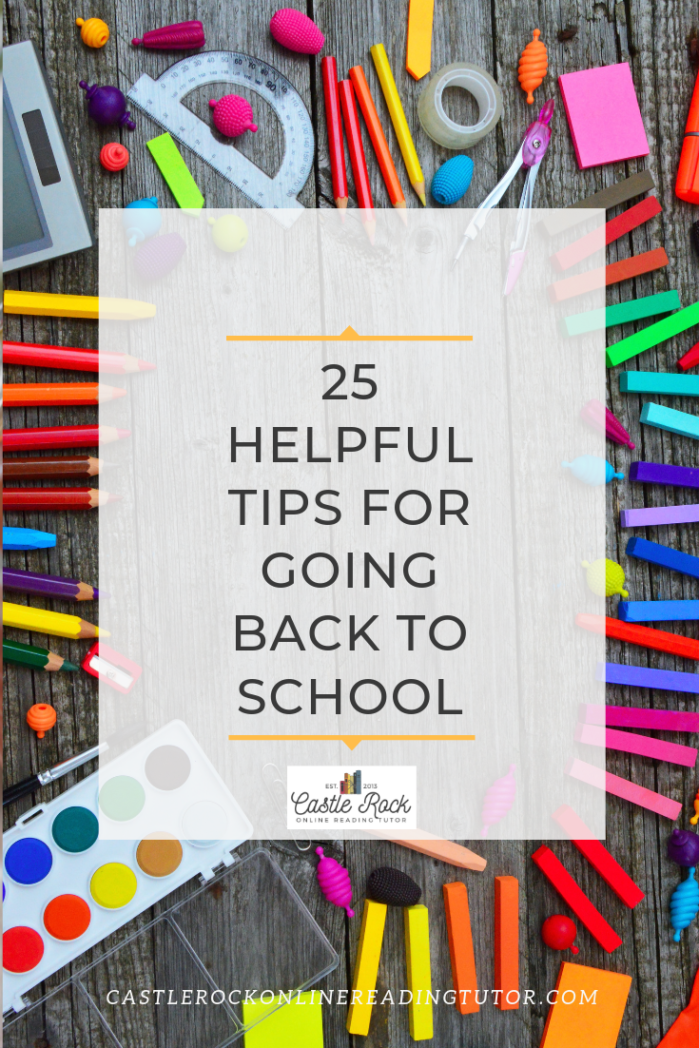
After school time:
Boy, do I remember this time. Kids would come in the door and throw their backpacks and jackets where ever they pleased. Most of the time it was on the floor right in front of the door. UGH!
- Homework time: this is the time you as a knowledgeable parent should be going through the backpack. Don’t just ask them, “DO you have any homework tonight?” I remember I used to do that then I realized I would get the same answer, “Nope!” everyday. So go through that backpack, get the lunchbox out and see if there are any notes from the teacher.
- I have a homework tip sheet as a freebie.
- Planner: many schools require children to have a planner nowadays. If they don’t it is a good idea for a child to have one. This will help as they grow up and go onto middle school and high school. If required make sure you look at it and initial it. A good way for you to remember that you have looked at it.
- Last step: after the homework is done and the backpack has been sorted out the last step is to put everything back in so that it is ready to go for in the morning. Set it by the front door.
- Snack time: just as our day was busy the kids were busy at school. They probably are starving. So a quick snack of fruit or granola will probably tie them over until dinner.

Evening Routine:
This time of the day can be as busy as you make it or quiet as it can be. Each family is different. There may be sports, piano lessons, tutoring or chores. After dinner is over and the dishes are clean. Let’s get ready for some quality family time.
- Prep for the morning: backpacks by the door, shoes and coats lined up. Pick out the clothes to wear and se them out. Bath or shower completed and ready for bed.
- Family time: for as long as I can remember school nights have been busy. It is important to make some family time. Before you know it the time will not be there. Believe me!
25 Helpful Tips for Back to School
- Get a routine
- Reuse last years supplies to save a little money.
- Get a planner
- Set up a communication center, for all activities
- Establish family time
- Take a short break either before or after homework time
- Snack time
- Arrange playdates if appropriate
- Visit the school with your child to get familiar with the environment
- Meet the teacher
- Make a homework area and keep organized
- Arrange for a tutor if needed
- Set a timer for homework and tv time
- Regular weekday schedules, bedtimes, tv times
- Model good behavior when stressed
- Create time for sports
- Create a morning checklist
- Check and sign the planner
- Ask for help if needed
- Make lunch for the morning
- Create a meal plan (breakfast, lunch, dinner)
- Talk to your child about setting a goal ( number of books, staying organized)
- Schedule a treat day
- Meet their friends
- Have a great school year
